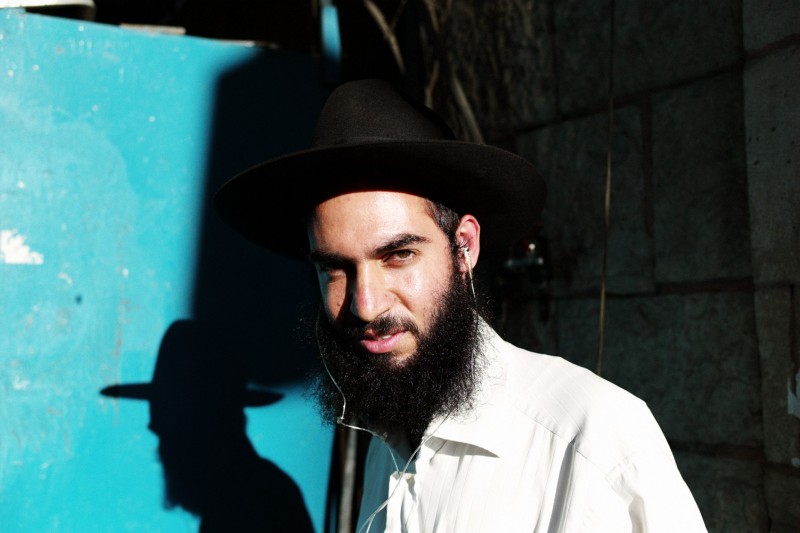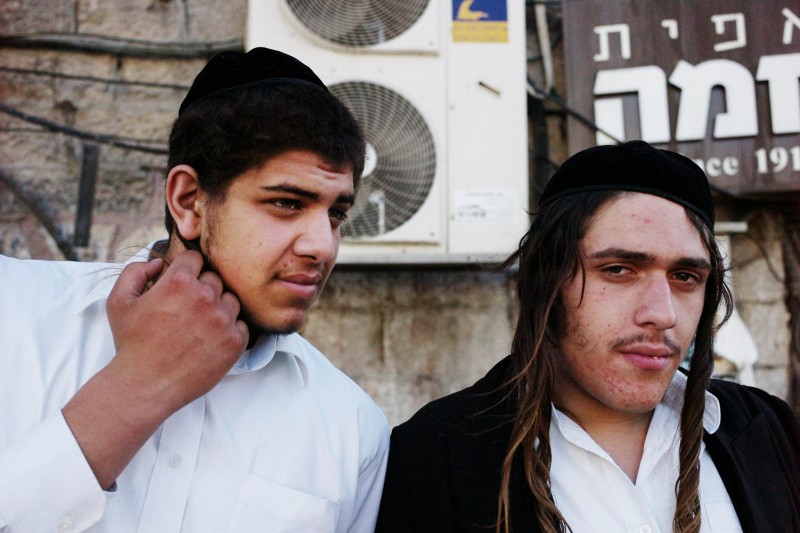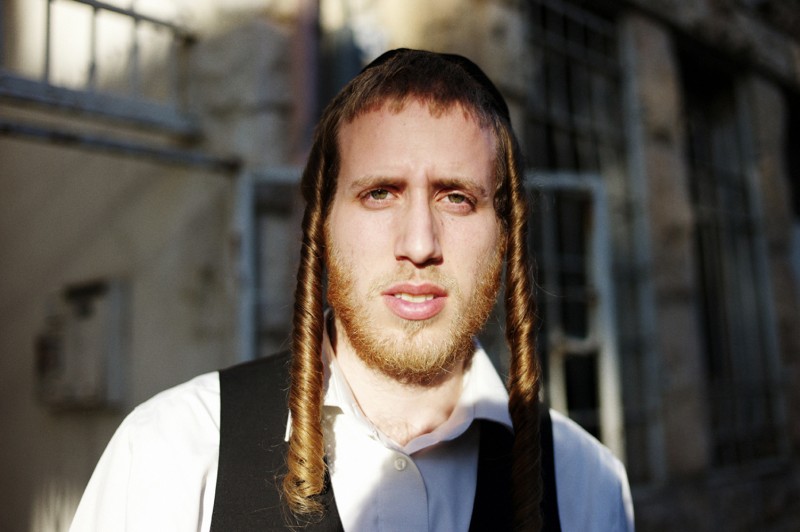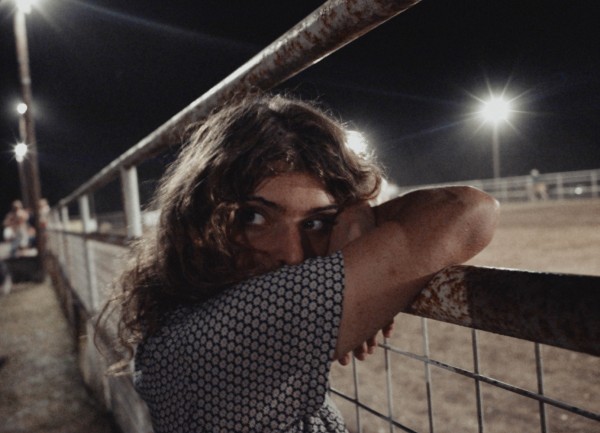Jem Goulding – 100 Gates
Jem Goulding – 100 Gates
Jem Goulding
December 31, 2014
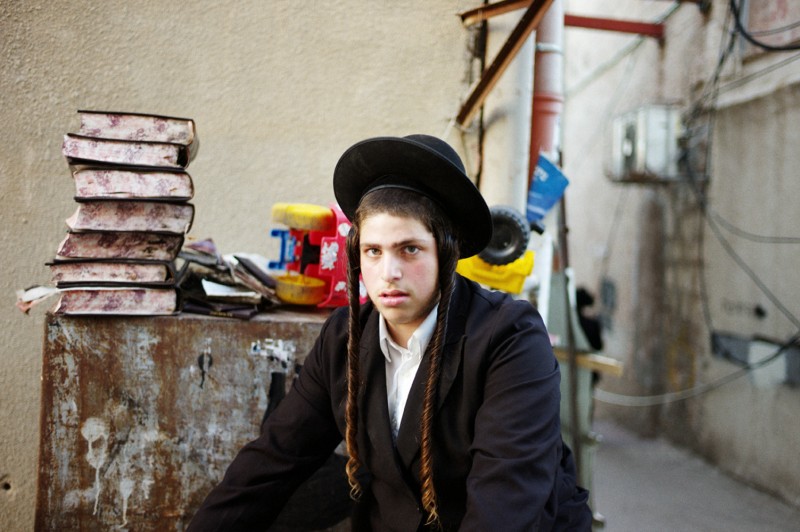
The Haredi community is notoriously private, making them somewhat impossible to photograph. What motivated your endeavor to shoot these portraits? What was your inspiration for the series?
To be honest, this all just started out as a bit of fun. My only real motivation for shooting this series was the fact I'd been told it was forbidden, or at least “not done”. My nature as a researcher and an artist is to be curious. I have trouble with boundaries and authority, so if somebody tells me not to do something, chances are I'll do it. Mea She’arim (the Hebrew translation for '100 Gates') was no different, as it was portrayed to me as an out-of-bounds area because I am a non-religious female.
I find fundamentalist religion unsettling as much as I find it interesting, not because of the belief systems, but because of the hostility it can breed between people of different faiths. In taking these pictures, I wanted to stay away from religion and politics beyond what is naturally implied, and discuss anthropology and sociology with them instead. These pictures are less to do with Israel and more to do with inter-subjectivity, by challenging the way groups of people are turned into generalizations. Once I had my first two or three portraits, I saw an opportunity at demystifying the hysteria surrounding the Haredi community.
What obstacles or problems did you encounter while shooting, or was the project less difficult than you anticipated?
It was a case of both, as each day something different would occur. Most of the people I approached, especially the girls whom I had to give up on altogether, would decline politely. I can only recall two or three occasions when people were very rude, and one occasion where I had some rubbish thrown at me in the street by an elderly lady. Commonly, the boys would run away, which made me feel guilty, but eventually I got the hang of spotting people who looked like they would let me take a photograph. Of the 20 to 25 guys I might approach each day, barely a handful would comply, so I learnt to handle rejection! The biggest obstacle was time, as everyone was rushing everywhere. I rarely got more than one or two shots of each subject, and when I attempted more, they would simply turn and walk away.
As a woman, did you ever feel that you were over-stepping the mark or social etiquette by shooting men belonging to such a disciplined culture?
I was totally aware that I was overstepping the ‘mark’, but it was this ‘mark’ that inspired me to shoot. I think this ‘mark’ needed to be overstepped, and I'm pleased to have some photographs that don’t adhere to social etiquette, but do represent a kind of cooperation between people of opposing genders and orientations. The Haredi community is frequently discussed and debated in the media but lacks a humanized face. I noticed that all of the published photographs of this community seemed stolen and illicit; so my idea was to find willing subjects who would have a little trust in me, by permitting the photograph and by taking an active role in its inception. The men who stopped to give me their time, were as curious about me as I was about them, naturally. This project was as much a social experiment as it was a reportage.
Jem Goulding+-
Jem Goulding studied Literature and Media Arts at Goldsmiths College, London. She is a widely published poet and conceptual artist with sculpture, photography and film work in London, New York, Los Angels and Paris galleries. In 2014 she won a number of awards at festival for her documentary film "The Fragile Balance" - an intimate portrayal of the controversial ballet dancer Sergei Polunin. More

